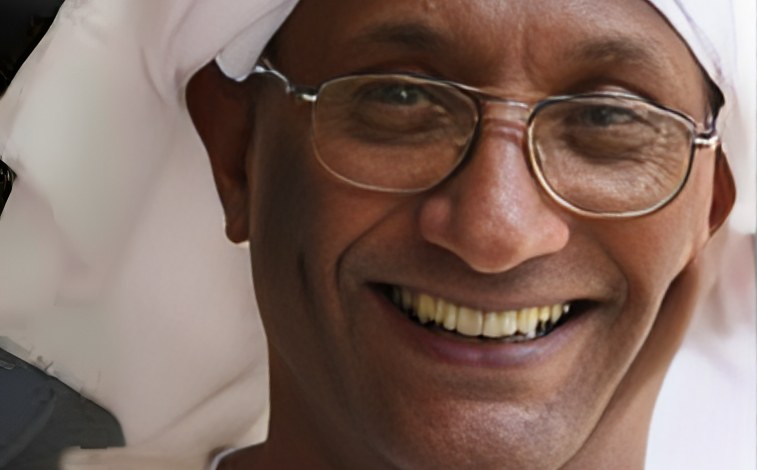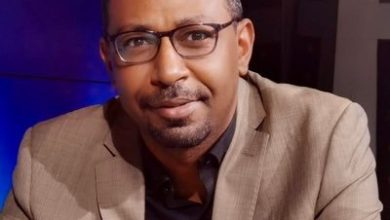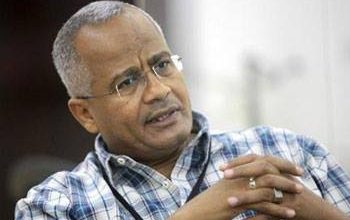Opinion
The Sudanese certificate: Like a Tango Dance (2-2)

By: Abdullah Ali Ibrahim
“One of the darkest aspects of war is the extinguishing of the lights of education among us,” journalist Othman Mirghani, Al-Tayar.
Summary
The partial examinations sparked a debate, even among educators, as opponents of the government accused it of using education as a weapon to consolidate its authority. Qamaria Omar from the Teachers’ Union described the decision as a hasty, politically motivated move by the de facto Port Sudan government. She argued that the exams were aimed at projecting an image of stability and normalcy in the country.
Mubarak Ardol, a politician from the Nuba Mountains and a former leader in the Sudan People’s Liberation Movement (SPLM), emphasized the importance of educational equity. He argued that it would be unjust to deprive students in areas inaccessible due to war and blockades from sitting for their exams. However, Ardol’s criticisms reflect a broader opposition mindset, failing to view the partial examinations as part of the broader challenges facing Sudan’s education system.
Ardol’s personal background further underscores the issue. As a native of the Nuba Mountains and a prominent activist in the SPLM until 2017, Ardol should have been more attuned to the historical grievances highlighted by the examinations. His region, partly under SPLM control, has severed ties with the Sudanese government, adopting East African curricula and prioritizing English as the medium of instruction. A local educator stated, “We considered ourselves outside the Sudanese state, but within our homeland and Nuba culture, which was neglected in the curricula produced by Bakt Al-Rida (Sudan’s curriculum center).”
The “Elephant in the Room”
The elephant in the room regarding the partial exams is the Rapid Support Forces (RSF). Surprisingly, RSF officials echoed the same criticisms leveled against the government by opposition figures. Mohamed Tabiq, an advisor to RSF leader Mohamed Hamdan Dagalo (Hemedti), labeled the decision to hold the partial exams unjust, citing the exclusion of displaced students and those in RSF-controlled areas. He claimed it jeopardized the future of thousands of students and paved the way for Sudan’s division.
While critics of the Port Sudan government conveniently ignored the RSF’s role in obstructing the exams, the RSF actively prevented students in its territories from traveling to exam centers in army-controlled areas. For instance, RSF forces initially blocked students in Um Rawaba from traveling to Al-Ubayyid for the exams but later relented, allowing some to travel in three buses. In contrast, they allowed female students from Al-Rahad to travel but barred the male students, prompting a parent to remark, “We don’t understand the reasoning behind this discrimination. All students have the same right to education.”
Similarly, in Khartoum’s Mayo area, which is under RSF control, 928 students were scheduled to transfer to safer zones in Omdurman or neutral areas, pending a decision by education officials.
A Flawed Perspective
The critics of the Ministry of Education’s decision to hold the exams in December 2024 are judging wartime realities by peacetime standards. Viewing the war as futile, they expect exams to meet peacetime conditions or not happen at all. But as the saying goes, “What cannot be fully achieved should not be entirely abandoned.”
The Ministry of Education has already planned a second round of exams in April 2025 for those who missed the first session. Instead of merely criticizing the first round, efforts should focus on addressing its shortcomings in the second. Meanwhile, the RSF’s assurances to students and parents about ensuring their educational rights ring hollow, as the group has failed to create a conducive environment for learning.
If the exams are to be completed, the Port Sudan government must oversee them, regardless of differing opinions about its legitimacy. Cooperation with the government to address grievances over the partial exams is essential to ensure fairness for excluded regions. Opposition should take a back seat to this more urgent task.
Conclusion
The success of these exams requires collaboration, much like the tango dance requires two dancers. As Othman Mirghani aptly noted, “One of the darkest aspects of war is the extinguishing of the lights of education among us.”
(Students from Dilling protest: “We want exams!”)


